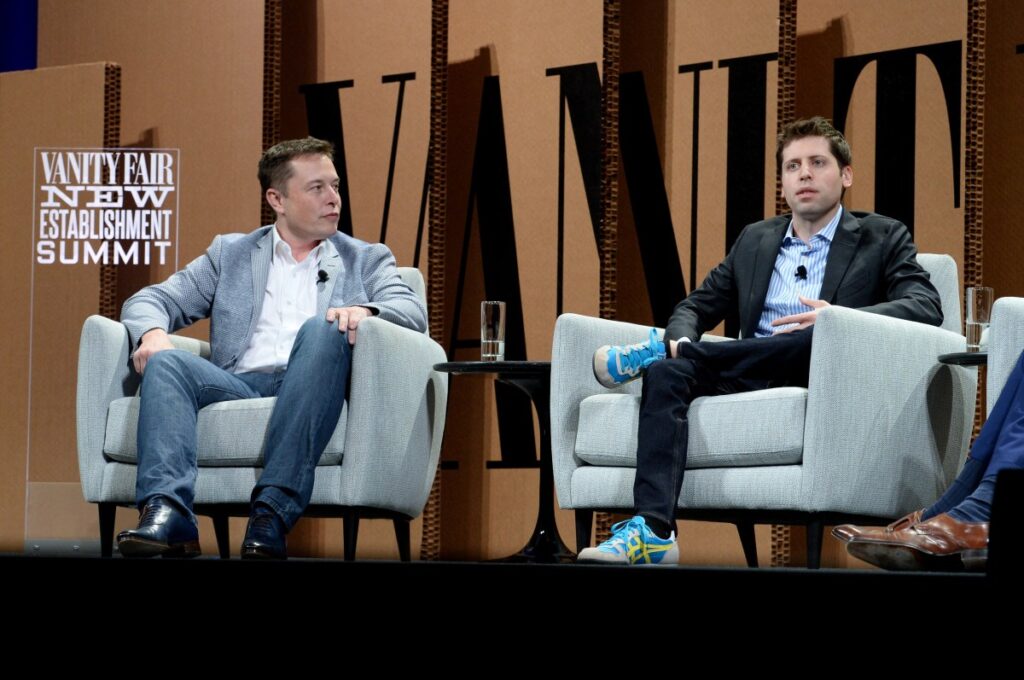Elon Musk lost Latest Battle in his case against Openi this weekBut it seems that a federal judge has given to Kasturi-and the other who opposes the open open conversion of the open-the reasons for hope.
The case against Musk’s Open, in which Microsoft and Open CEO Sam Altman, have also been declared a defendant, have accused the Openi to abandon its unprecedented mission to ensure its AI research to benefit all humanity. Open was founded in 2015 as a non -profit, but was converted into a “capacity profitable” structure in 2019, and now he is once again trying to reorganize public benefits in the corporation.
Kasturi had summoned a preliminary order Transfer to Halt Openai’s Profit. On Tuesday, a federal judge in northern California, US District Court Judge Yuvan Gonzalez Rogers, denied the Musk’s request – yet expressed some concerns about the open -minded conversion.
In his decision, Judge Rogers denied the order, saying that when the people’s money is used for funding for a change of profit, “significant and irreparable harm is done”. Openi’s non -profit currently shares of the majority of the open works of Openi, and it According to the notifications The transfer is to receive billions of dollars as part of the transfer.
Judge Rogers also noted that several Open co -founders, including Altman and President Greg Brookman, made “basic promises” not to use the open as a car to strengthen themselves. ” In his judgment, Judge Rogers said that the court is ready to hear a speeding trial in the fall of 2025 to resolve the corporate reorganization disputes.
Mark Tobrov, a lawyer representing Musk, told Tech Crunch that Musk’s legal team was happy with the judge’s decision and intended to accept the offer for a speeding trial. Open did not say whether he would accept it too and did not immediately respond to the request for a tech cranch opinion.
Judge Rogers’ comments about Openi’s profitable conversion are not at all good news for the company.
Tyler Whiter, a lawyer who represents an encoded, a non -profit Filed an Amex short In this case, debating that the openness of the Open could endanger AI’s safety, the Tech Crunch told the Tech Crunch that the decision of the Judge Rogers has put the “cloud” of the regulatory uncertainty about the Open Board of Directors. Whiter said the Attorney General in California and Delaware is already investigating the transition, and the concerns raised by Judge Rogers can encourage them to investigate more aggressively.
Judge Rogers had won some for the open.
Judge Rogers found, “Musk’s legal team proposed to show that Openi violated the agreement in accepting $ 44 million worth of donations from Musk, then taking steps to convert to profitable,” the preliminary order was insufficient for the highest burden needed. In his judgment, the judge pointed out that some emails presented as exhibitions Self -cultivation considering that an openness can become a lucrative company someday.
Judge Rogers also said that Musk’s AI company, Zee, a plaintiff in this case, failed to show that the profitable conversion of the open should not be ordered. Judge Rogers was also baseless with the arguments of the plaintiffs that a close associate and investor of the open would be a violation of Microsoft. Interacting Directorate The rules and that can be standing under a California clause that prohibits before itself.
Musk, once a prominent supporter of the Open, has positioned himself as the company’s biggest opponent. Zee is directly competing with the Frontier AI model with Openai, and Musk and the opposite now find themselves mocking for legal and political power under a new presidential administration.
The atmosphere is high for the open. The company allegedly needs to complete its profitable conversion by 2026, or recently raised some capital Openi Converted into debt.
At least one former Openi employee is afraid of the AI governance implications that Openi should successfully complete his transition. Talking to Tech Crunch on condition of anonymity to protect his future job prospects, the former employee said he believed the change of startup could endanger public safety.
A part of the stimulus behind the openness of the Openi was to ensure that the profit goals do not end its mission: Ensuring AI’s research benefits all humanity. However, if an opener becomes a traditional profitable company, it may be much less to prevent much profit from preferring, the former employee told the Tech Crunch.
The former employee added that the opening structure was one of the main reasons for joining the organization.
Just a few months from now, it should be clear how many obstacles the Open will have to overcome its profitable transfer. Regulators, supporters of AI Safety, and tech investors will be watching with great interest.

